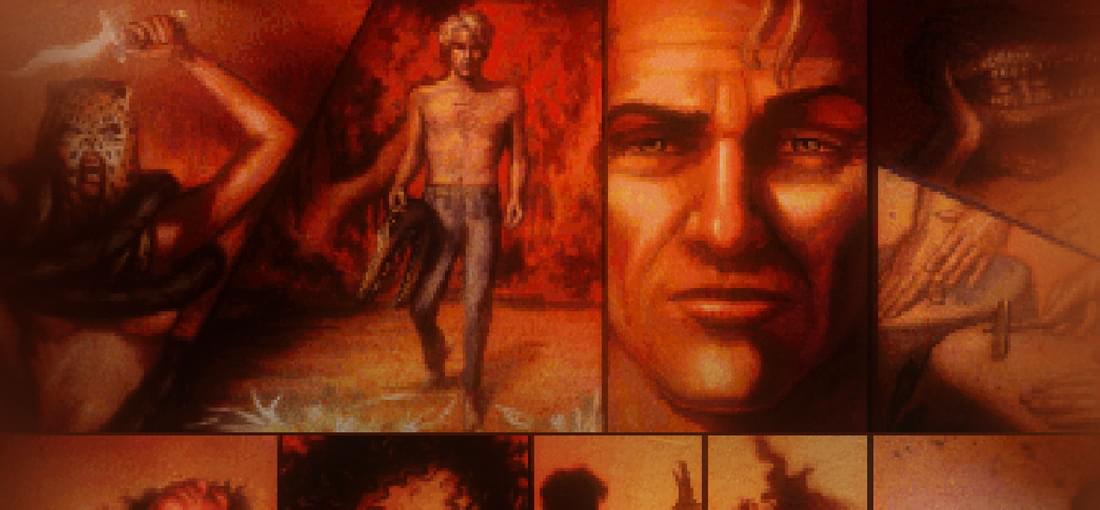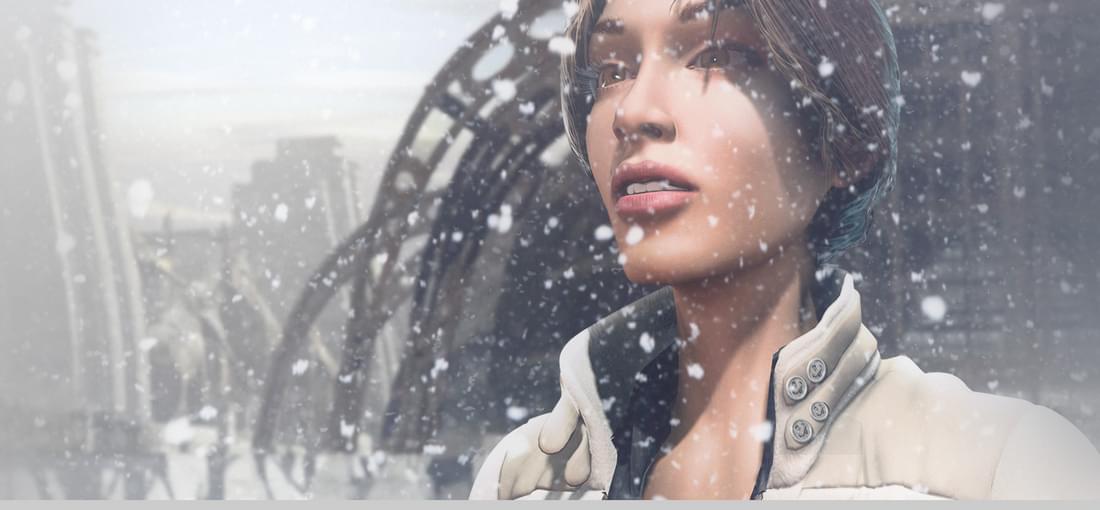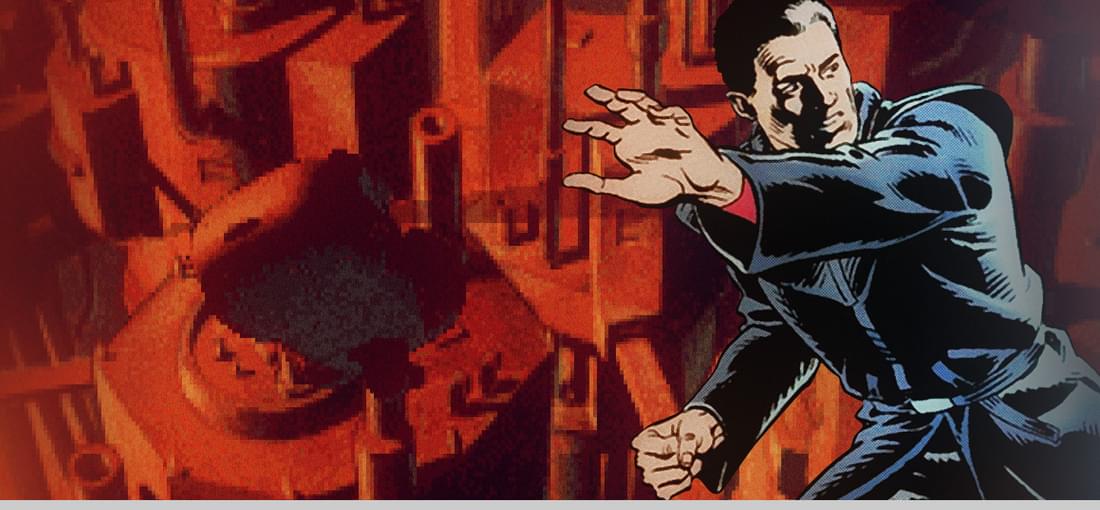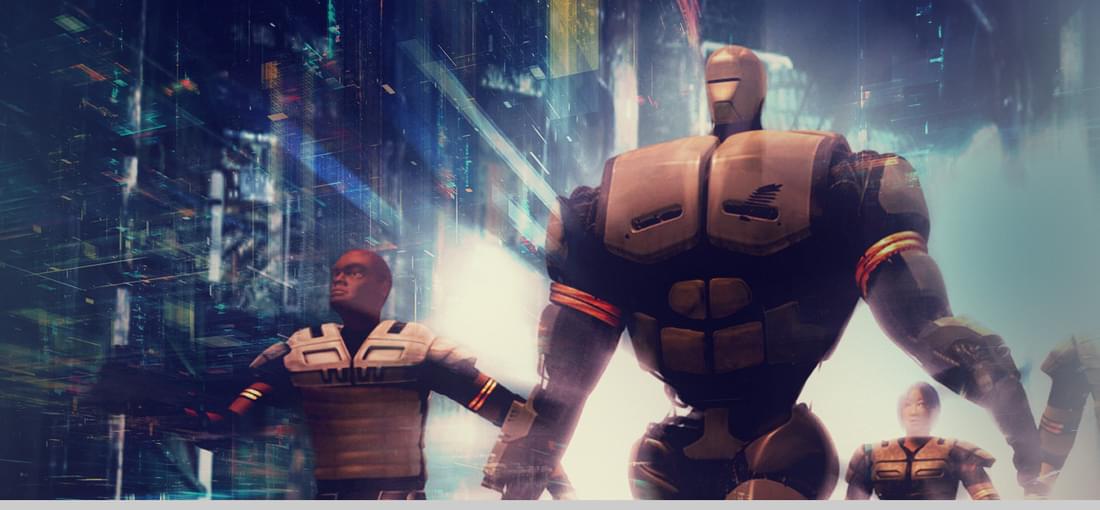

This is the sort of game I love to like: an independent voice, an unusual story, a step out of corporate gaming into a fresh new territories. New perspectives. Alas; I found the gameplay too often undermined by poor puzzle design and missing information to really score. The story is mostly charming, and there are plenty of good ideas present. A couple of the tent-pole puzzles are ridiculously baroque, in the ornate style of old adventure games - fair enough. That's why the Internet Gods made walkthroughs. But I found myself facing other puzzles without the details I needed to solve them, because of illogic, vague conception, or poorly-described surroundings - in lo-fi AGS graphics, it's often not clear what is what, and some of the important descriptions here leave a lot to be desired. Ultimately, it has the feel of a project play-tested by someone who already knew the answers to all the puzzles. Which is a pity, because there's a lot of meat on these bones, and there's some fun functionality quietly built in. You'll find a jukebox in your travels, for example, and once you've done what you need to do in that scene, you can actually play a handful of tunes on it. Nice! Ord, our hero, is as usual in adventure games a pilfering machine, but he pulls a few stunts that made me really question his morals. And there's a weird Scandinavian plunge into darkness in the last moments of the story that makes the ending strange and jarring. Add to that some puzzles in which active areas are - mistakenly, I hope - not marked, animation cues are misleading, or the avatar must be positioned within a hair's breadth of an arbitrary pixel to escape an automatic reload, and the experience was quite frustrating for me. It wasn't hard, for the most part, so much as unfair. That said, puzzles that are properly presented are unlikely but very satisfying to solve, and the - well, it's interesting, make no mistake. Whether it's pleasant for you is a matter of taste.

At this point I'm just one of the choir, but that's OK - this game is terrific. It was great back when it first came out, and it still has the goods. Playing the original Gabriel Knight in the modern day does require a small adjustment to headspace - big crunchy pixels! and sound that is occasionally balky - but the story is satisfying, the gameplay is good, and the voice acting is simply stellar. I played this game when it first came out, back when the whole world was made of big crunchy pixels and balky sound, and enjoyed it a great deal (though I didn't finish, and got stuck a lot). I wasn't sure if it would still be fun, these 20 years later - and I'm glad to say that it really is. Once you get used to the blunt tools of the day, the great game is still intact and ready to take you on a ride. I could say more, but it's all already been said, and a hundred times over. This is a joy of a game, from a time when developers were boldly stepping out to try new things. It feels fresh and alive, and I just finished it - I'm ready to recommend it heartily.

Syberia is an exquisite game that follows its own paths in a well-trodden genre. As a piece of playable illustration art, which I think is its intent, it is a sparse and lovely experience. The game is really all about the painted scenes and gorgeous environments imagined by Benoit Sokal. He's a comic artist of the Metal-Hurlant (Heavy Metal magazine) sort, and his games are like little vacations: expeditions for the eye and mind through strange, windswept places cluttered with hulking, abandoned equipment and empty buildings fallen from favor. This game is not about inventory management or feats of timing; as attorney Kate Walker coming to Europe to finalize the sale of a toy factory, your play process instead is about experiencing a quiet story that builds itself up out of the background. As Kate moves further into her journeys, she pulls away from her home life: cell phone calls from home with her fiance, her boss, her best friend, and her mother show how her travels create personal distance as well as geographic distance. The puzzles are spare, and the settings are gorgeous but for the most part inert. This isn't a game that encourages or rewards poking and clicking and opening things. It's a game about a trip through odd unknown lands, and we're along to watch the ride. In this way it's like Sokal's earlier game, Amerzone, which is set in the same gameverse as Syberia. My advice: play the game that Sokal has made, rather than the one you think he should have created. Syberia is a different take on the mouse-driven adventure genre. It dances to its own tunes.

When people say that old ways are the best ways, they're talking about things like Beneath a Steel Sky. With its pixelated low-bit atmospheric art, its limited but evocative locations, and its long-enough and not-tedious story arc, the game is a real pleasure to play. There's some real talent under the hood, and the canny design team makes sure that the game serves the story throughout your exploration of a small section of the computer-controlled futuristic dystopic city. This is a free game! Play it. It isn't splashy-fantastic and gloriously rendered, but it's a classic example of how much fun you can have with a simple premise, executed well.
I like point-and-click adventures, and I've even made peace with the silly inventory and the absurd puzzles that are endemic to the genre. New Beginning has a pleasant enough story, engaging politics, and characters that should be fun to play. Honking bad translations, flat voicing, erratic controls, and general carelessness, sadly, render it a tedious and unpleasant experience. The game-stopping bugs are not as bad as advertised - I had one, toward the end, and backtracking half an hour or so fixed the problem. I was able to save games up until the end, though many could not. But that didn't make it any better. For long stretches I wondered if the two leads were being voiced by rendering software; everyone is bland, all the time, unless they're being squeaky or growly. The actors are clearly not native speakers, and the translation is frequently impenetrable. Apparently the German version is better; maybe so, I can't judge. The scenes leading to the (boring, and often dopey) puzzles rarely contain any clues about what you might want to accomplish next, so you're always navigating in a sort of flat fog, pushing buttons and collecting objects in the hope that whatever they do might give you a clue about what you're supposed to be solving. There's a good twist at the end, for those who make it that far. The backing art is solid and interesting stuff, but there's little of interest to do once you've looked at it.

Project Eden was an on-sale impulse buy for me - I had never heard of it before GOG discounted it. The description sounded intriguing, so I figured I'd spring a couple of bucks and try it out. It turns out to be delightful, if this is your kind of thing. It's a crappy shooter (I could have just let the squad handle the enemies without my having to fight their battles for them), but a clever and concise game of mazes and mysteries. Your four-person squad makes its way through cities retrofitted over other cities below, penetrating an abandoned labyrinth of long-disused habitats. At times you'll move your heroes together, and at other times they will need to cooperate to activate distant switches and clear obstacles for their teammates. The story is a fun little dance (with a bit of a sudden silly ending), but the it's the star-power of the lost environs that drives the action at a satisfying pace. The game is certainly limited by the tech and graphics of its day, and I'd love to see a modern take on this sort of thing - you can wander here and there, but you're ultimately on rails. Still, the clever level design (done by the Tomb Raider team) makes it feel like you are discovering the paths, rather than being led down them. It can be tricky keeping the squad together - for a team of elite operatives, they're pretty hopeless at following each other past the occasional obstacle - but the game is wonderful in its way, and I really enjoyed the time spent below.